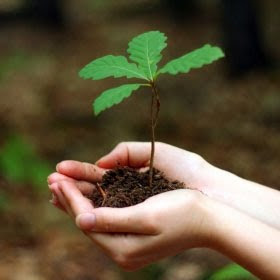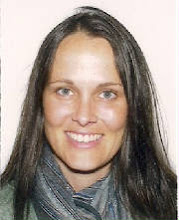
SAN FRANCISCO, October 19th, 2009¬—Rural Development Connections, a local non-profit organization which promotes fair trade and direct market access for coffee farmers in Kenya, today announced that the fifth annual Rotaract Halloween party will donate part of its proceeds from ticket sales to Rural Development Connections. The event takes place at the Novato Horseman’s Club, Novato, California on Saturday October 31st. Tickets to the event are $35, and doors open at 7.00pm.
Rural Development Connections is a non-profit, non-sectarian organization dedicated to the livelihood of small African farmers and assisting in moving their crops higher up the value chain. It accomplishes its goals by supporting the improvement of the quality and quantity of crops cultivated, further developing the value chain in agri-business and contributing to stabilizing children’s complete education in rural communities. Rural Development Connections is run by Bay Area native, Shannon Mulholland.
“We are very excited that Rotaract has chosen to support Rural Development Connections in this year’s party. Rotaract really knows how to put on a great event and does fantastic work supporting local charities in the process. We are really pleased to have been selected,” says Shannon Mulholland, Executive Director of Rural Development Connections.
Growing up in the City of San Francisco and Marin County, Shannon has always been passionate about buying from farmers’ markets and supporting local organic farming methods. Through her career in international development, she has seen firsthand how African smallholder farmers are often marginalized and impoverished due to a lack of direct market access. Many Kenyan coffee farmers earn less than $0.02 for producing a bag of coffee that retails in the US at $12. Last year the average Kenyan farmer made just $14 in coffee sales—for the entire year.
With this in mind, Shannon launched Rural Development Connections in 2008. Rural Development Connections’ largest project is the Coffee Connections Project, which provides international direct market access for African coffee farmers. This project partners Rural Development Connections with Safi Coffee, an African farmer-owned, fair-trade coffee company based in San Francisco. Safi Coffee will launch its Farmer Direct coffee in January 2010, through local Bay Area schools.
For more information, contact:Shannon Mulholland, info@ruraldevelopmentconnections.org or to buy tickets
http://www.rotaracthalloween.org/Rotaract NovatoRotaract Novato is a branch of Rotary International that is comprised of young professionals and students who are committed to making an impact in the community through service, non-profit collaboration and networking events. Rotaract fosters leadership and responsibility, encourages high ethical standards and promotes diversity, international understanding and peace. To learn more visit http
://www.novatorotaract.org/.Rural Development ConnectionsFounded in 2008, Rural Development Connection's mission is to provide rural income generation opportunities to small scale farmers, discourage negative urbanization in sub-saharan Africa, and to encourage the completion of education of rural inhabitants. For more information visit
http://www.ruraldevelopmentconnections.org/Safi CoffeeSafi Coffee is a farmer-owned, fair-trade company, providing direct market access to African coffee farmers. Safi Coffee sells coffee Farmer-Direct in order for farmers to earn incomes as equity owners of their own company rather than from the bottom rungs of the supply chain. For more information visit
http://www.saficoffee.com/











